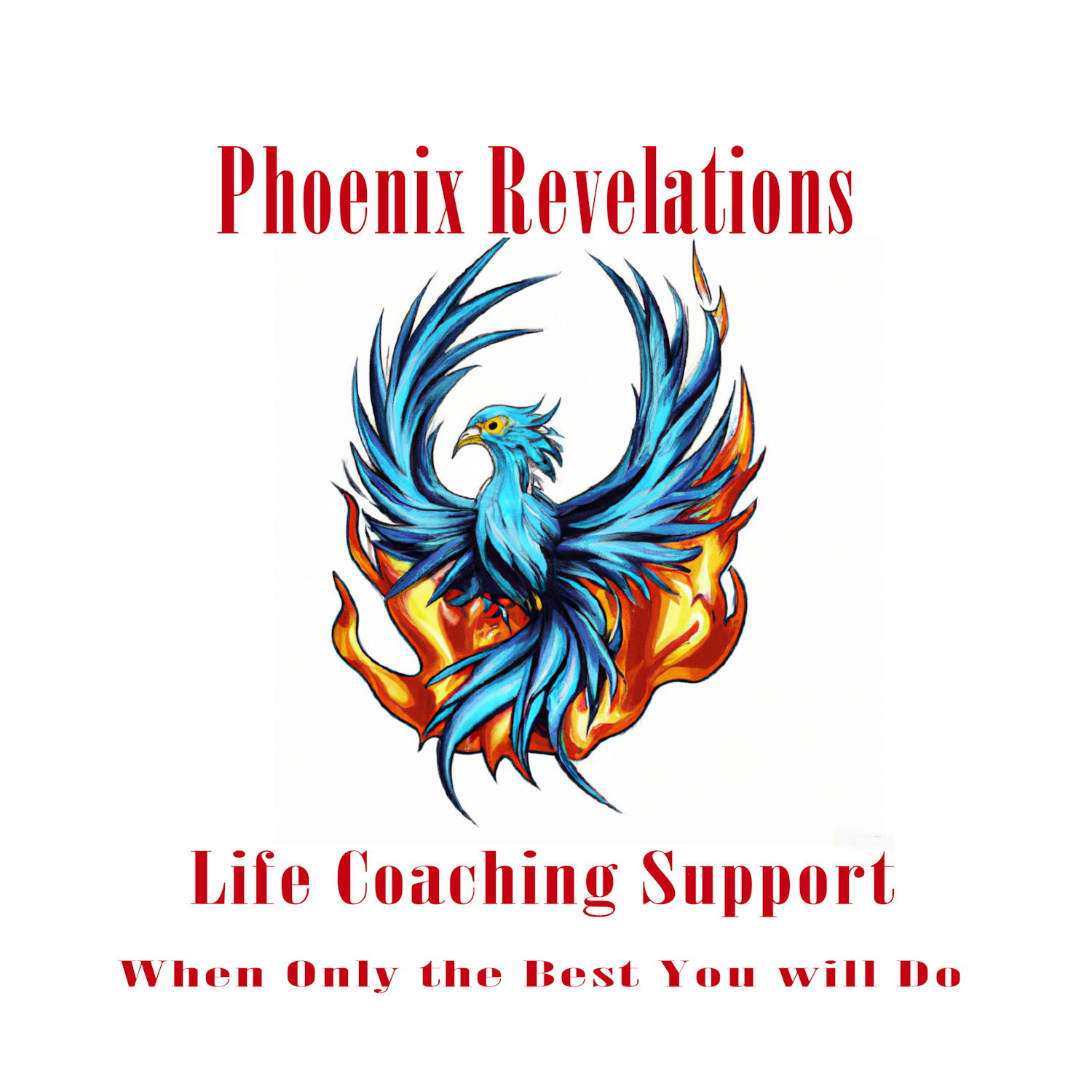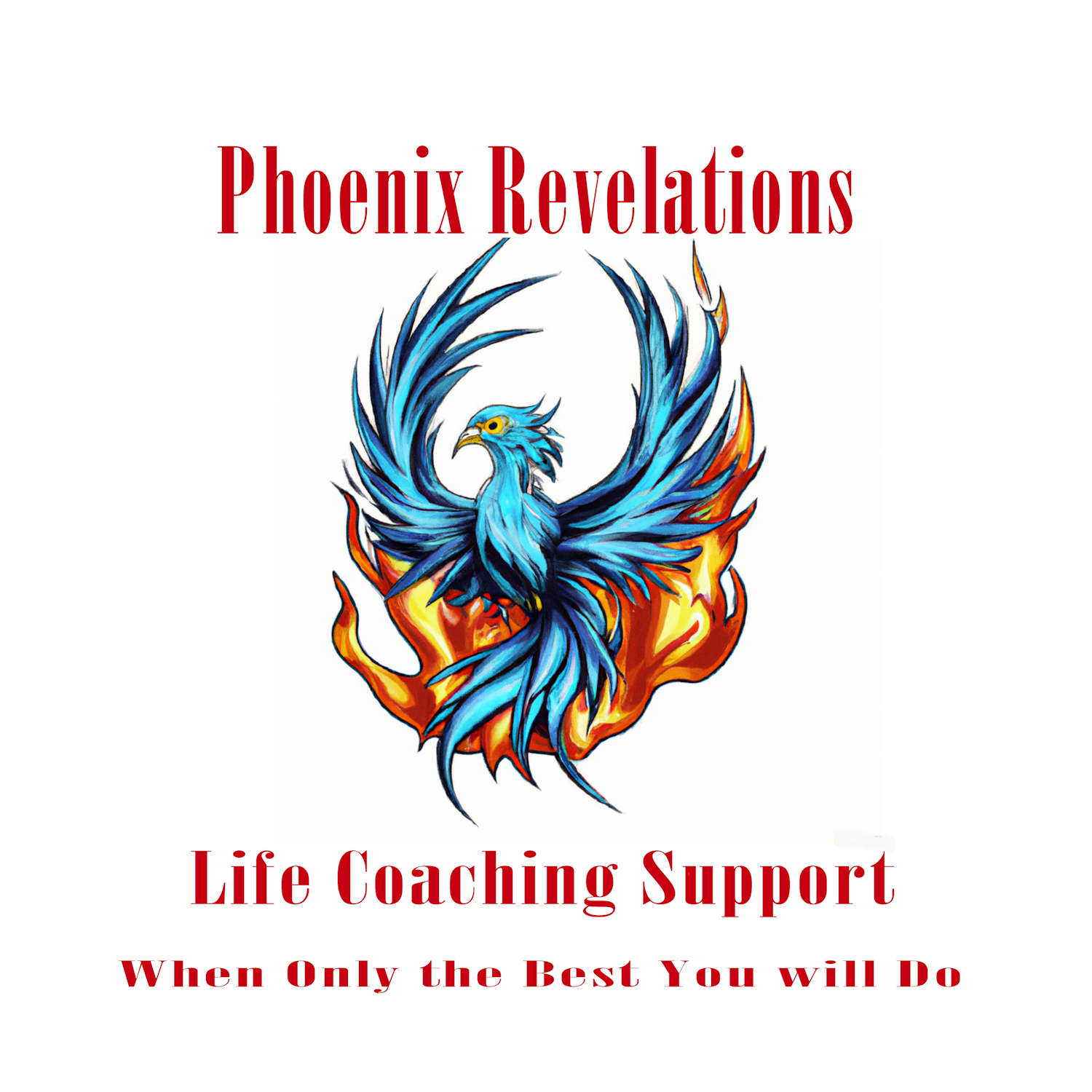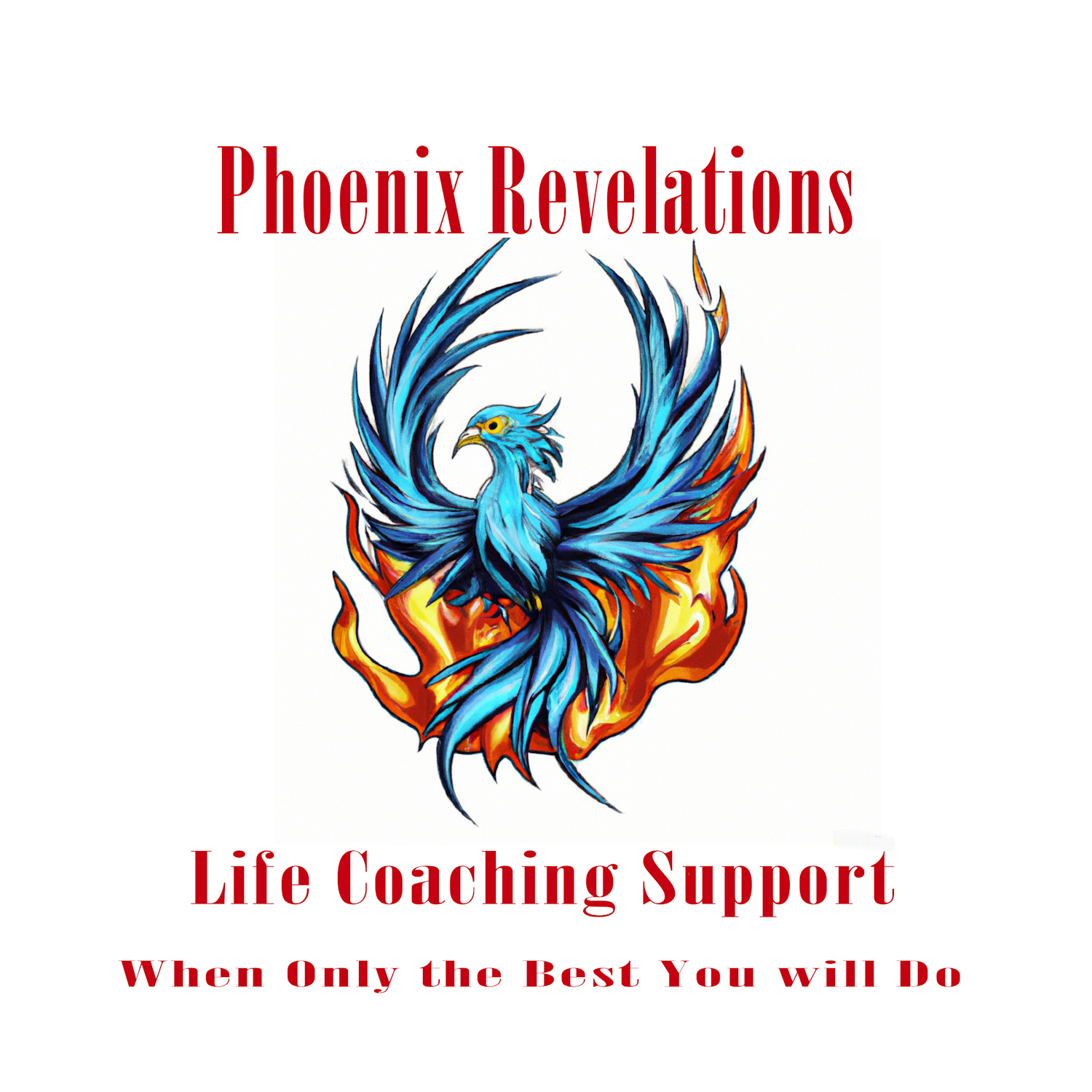Episode Transcript
What is your thinking handicap? Or maybe you are thinking about what a thinking handicap is.
For this episode, I will call a thinking handicap something that blocks clarity when we think. We may not pay attention to our thinking handicap, but it pays attention to us.
Not paying attention to our thinking handicap is like attempting to drive in a severe snow blizzard with a clear, sunshiny day mindset.
Here are some of the common thoughts that handicap us.
1. Fear of failure or making the wrong decision
Of course, this can be distressing. You will never try anything new; if you find yourself in a negative situation, you may never do anything about it.
2. Negative self-talk and self-doubt
These two culprits can ruin everything and make a great future non-existent.
3. Overthinking and analysis paralysis
Paralysis by analysis is commonplace. I am a detailed thinker, which has held me in place too often. However, I recognized this trait after realizing what I was doing and why. I now cover all bases, and the confidence in my analyses makes me go for it.
4. Emotional stress and overwhelm
Our temperament has a considerable influence on our behavior. For example, grocery shopping when you are hungry is a great way to come home with junk food and unhealthy snacks.
5. Biases and preconceived notions
We all have established lenses. We are programmed before we are born until the present moment. We can believe the irrational and uphold the unverified.
6. Lack of focus and distractions
Anyone who has driven and texted especially understands this one, whether it is running into something or being the only one who doesn't move when the traffic light changes. Things will usually contain the quality of focus we put into them.
7. Unresolved conflicts or unresolved feelings
We all have some baggage or residue from past experiences. The educational residue is suitable for a vocation. But remembering what a negative relationship did to you while navigating a new one is not good. Baring grudges against someone you must work with is also a disaster waiting to happen.
8. Cognitive biases and heuristics.
Heuristics are mental shortcuts or rules of thumb that people use to make decisions and solve problems quickly and efficiently. They help simplify complex situations using past experiences and knowledge to make timely decisions. However, heuristics can also lead to cognitive biases, which are systematic errors in thinking that can distort perceptions and lead to faulty judgments.
Cognitive biases are inherent in how humans process information and can affect decision-making in various ways.
Some common cognitive biases include confirmation bias, availability heuristic, anchoring bias, and the framing effect. These biases can lead individuals to make irrational decisions or judgments based on emotions, personal beliefs, or social pressures rather than objective evidence. Awareness of these biases is important to making more informed and rational decisions.
9. Confirmation bias and selective attention.
Confirmation bias is the tendency to search for, interpret, favor, and recall information in a way that confirms one's preexisting beliefs or hypotheses. This bias can lead individuals to cherry-pick information that supports their views while ignoring or dismissing evidence that contradicts them. Confirmation bias can hinder critical thinking and objectivity, preventing individuals from considering alternative perspectives or evaluating information impartially. If you have an obstinate person, you know selective attention. The "Devil" is in the details. Those who do not observe, analyze, and adhere to details will have a very stressful life. And may never reach any meaningful achievements.
10. Fixed mindset and resistance to new ideas.
A fixed mindset has to be one of the worst enemies for growth. A fixed mindset goes hand-in-hand with resisting new ideas. Together, these give us the obstacles of stagnation, limited learning, missed opportunities, negative impact on relationships, and lack of resilience.
Either way, once we know how and why we think the way we do, we can decide what we want to do. We can stay the way we are or not.
However, if we ignore our programming and biases, we can be in constant turmoil and chaos.
Like most relevant skill sets, it is better to have and not need than to need and not have. Your thoughts reflect your actions, and your life shows the total of your actions.
All of our thinking has handicaps, but once we realize our biases, they can be used as helpful assets. When happiness and success are paramount, every helpful hint and mindset counts.
Well, dear friends, I hope all is well in your world and you can transform this excellent information into transformation.
So, until the next time we meet again, remember always to be the best version of yourself. Love Yourself. You are Not Alone. You are relevant and worthy.
How About that?


